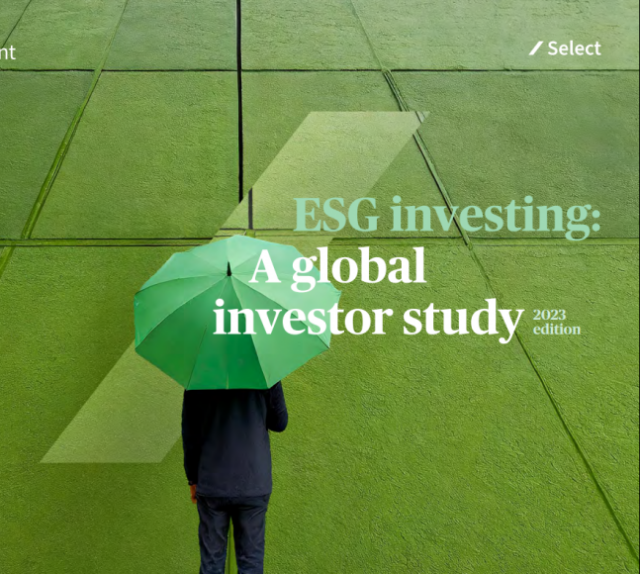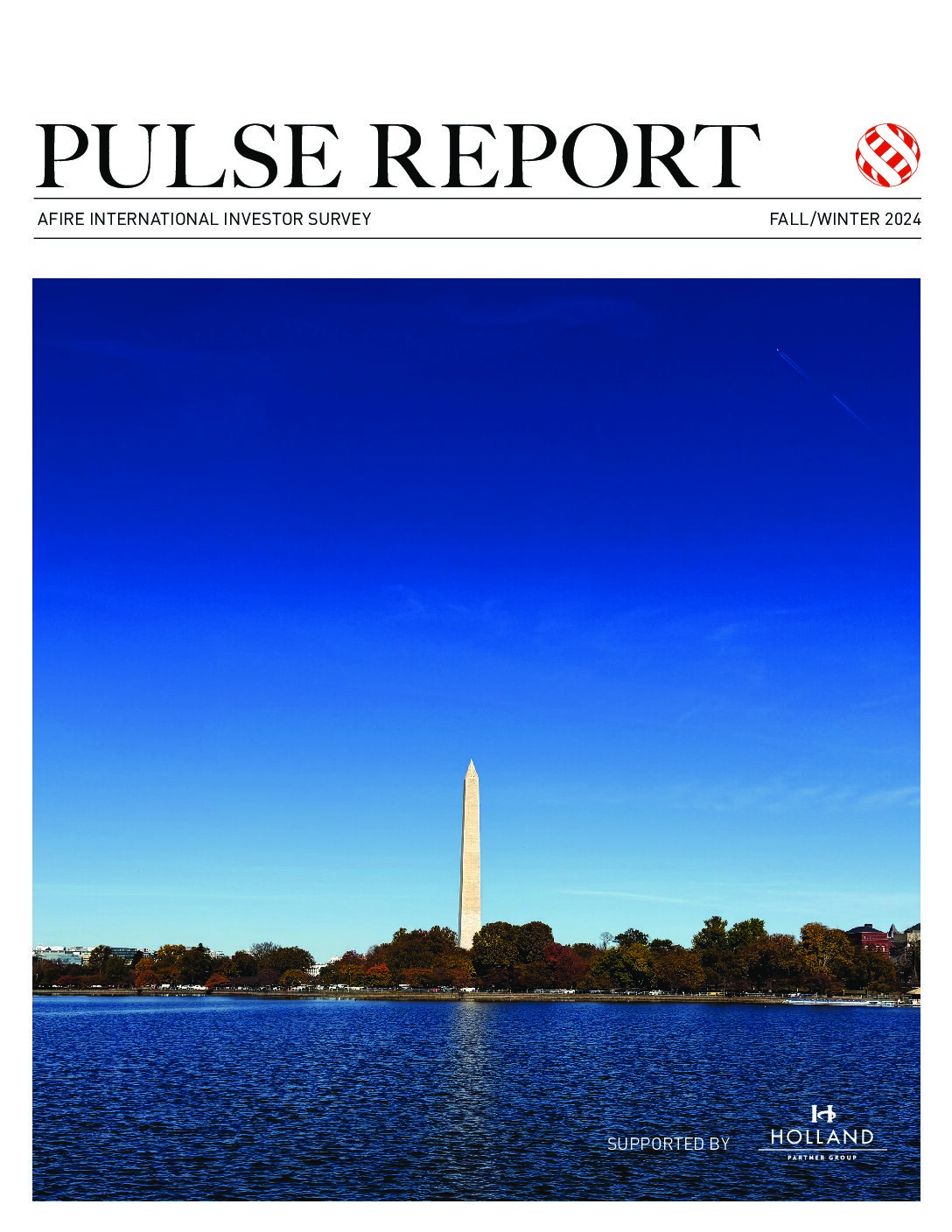ESG investing: a global investor survey
By AXA Investment Managers We are committed to responsible investing and supporting the transition to sustainable economies. As long-term custodians of wealth, we strive to identify and back environmental, social and governance (ESG) leaders that can protect and grow client portfolios. In doing so, we believe that understanding customer perspectives is paramount, which is why we carried out this extensive study on individual views toward ESG investing across various markets, regions, and demographics. Get the report here










